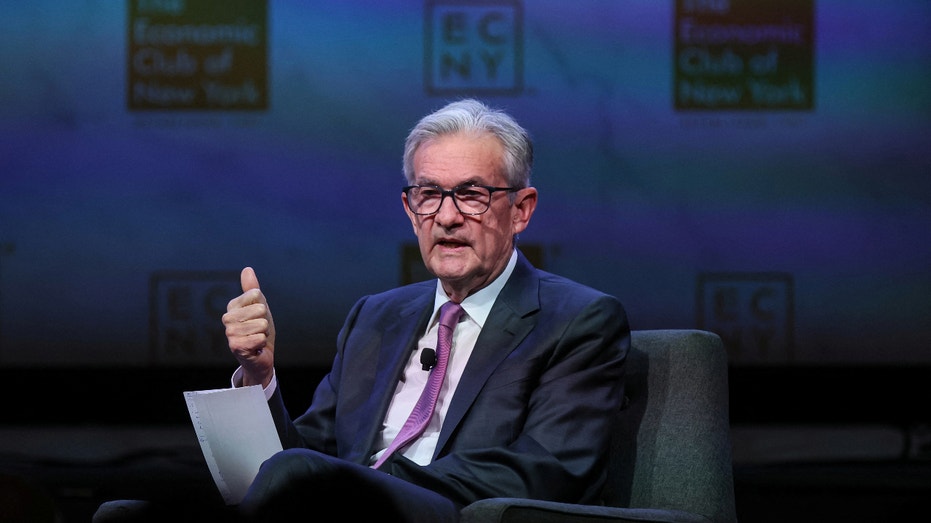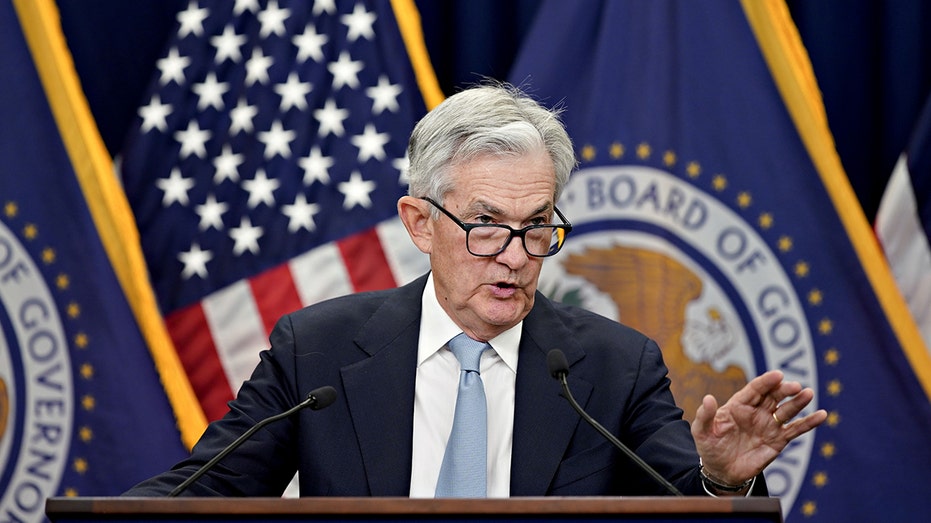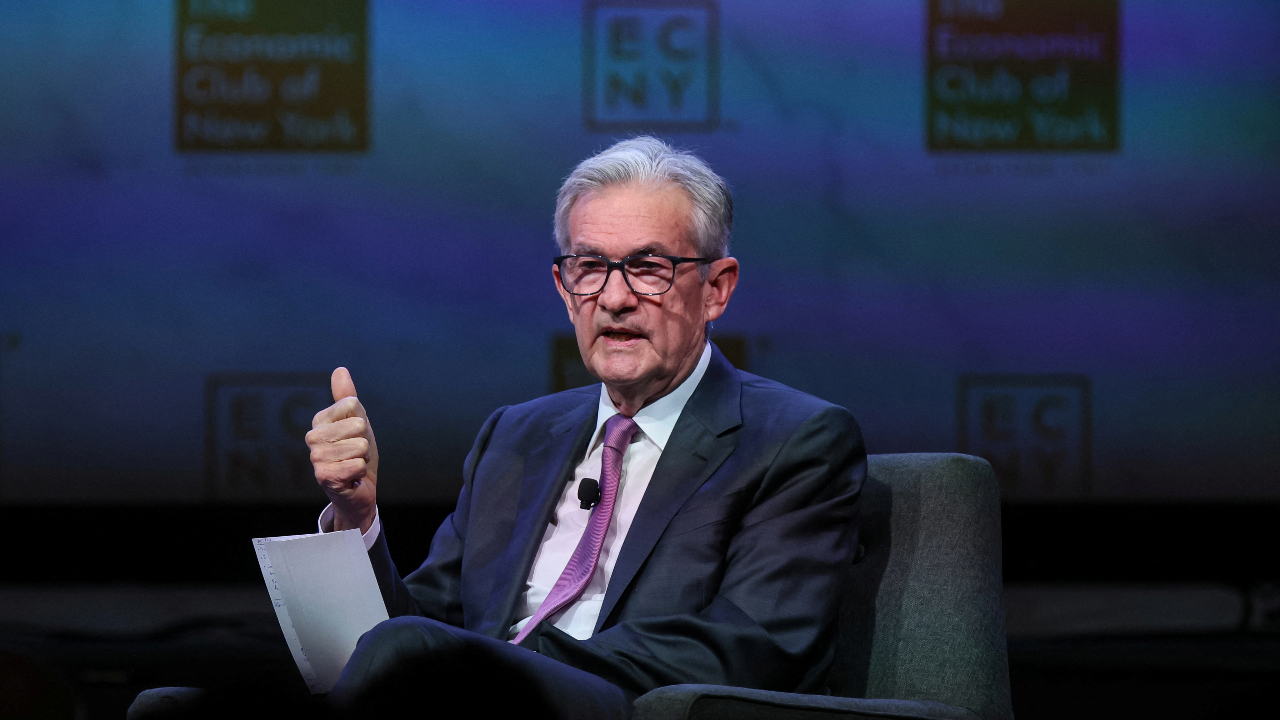Fed's Powell warns slower economic growth may be needed to cool high inflation
Fed chief Jerome Powell says strong economic data may merit another rate hike
Powell says the Fed will be data-dependent: Ben Levisohn
Panelists Ben Levisohn, Al Root and Andrew Bary provide insight on the Federal Reserve's moves on 'Barron's Roundtable.'
Federal Reserve Chair Jerome Powell on Thursday lauded recent declines in inflation but warned that consumer prices remain "too high" and a return to pre-pandemic levels may require slower economic growth.
"Inflation is still too high, and a few months of good data are only the beginning of what it will take to build confidence that inflation is moving down sustainably toward our goal," Powell said in prepared remarks delivered to the Economic Club of New York. "While the path is likely to be bumpy and take some time, my colleagues and I are united in our commitment to bringing inflation down sustainably to 2%."
In his highly anticipated speech, Powell walked a careful line about the challenges facing the Fed. Policymakers remain committed to wrangling inflation back to 2%, but are also cognizant about the risks of over tightening and hurting the economy, he said.
Officials voted at the September meeting to hold interest rates steady at a range of 5.25% to 5.5%, the highest level since 2001. However, Fed officials also left the door open to an additional increase this year – and indicated they will hold rates at peak levels for longer than previously expected.
FED CHAIR POWELL ESCORTED OUT OF ROOM AS CLIMATE PROTESTERS INTERRUPT SPEECH

Federal Reserve Chairman Jerome Powell speaks during a meeting of the Economic Club of New York in New York City on Thursday. (Brendan McDermid / Reuters Photos)
Powell indicated Thursday that a recent run-up in long-term Treasury yields, which influence financing costs for households and businesses, could mean the Fed is done tightening.
"Financial conditions have tightened significantly in recent months, and longer-term bond yields have been an important driving factor in this tightening," he said. "We remain attentive to these developments because persistent changes in financial conditions can have implications for the path of monetary policy."
The Fed is scheduled to meet two more times this year, in November and December. Investors widely agree the central bank will hold rates steady at the upcoming November meeting, and there is a growing expectation among traders that the Fed will also skip a rate increase in December, according to the CME Group's FedWatch tool, which tracks trading.
| Ticker | Security | Last | Change | Change % |
|---|---|---|---|---|
| I:DJI | DOW JONES AVERAGES | 48230.69 | -674.09 | -1.38% |
| I:COMP | NASDAQ COMPOSITE INDEX | 22441.962904 | -306.89 | -1.35% |
| SP500 | S&P 500 | 6791.97 | -89.65 | -1.30% |
Hiking interest rates tends to create higher rates on consumer and business loans, which then slows the economy by forcing employers to cut back on spending. Higher rates have helped push the average rate on 30-year mortgages above 7% for the first time in years. Borrowing costs for everything from home equity lines of credit to auto loans and credit cards have also spiked.

Federal Reserve Chairman Jerome Powell speaks during a news conference following a Federal Open Market Committee meeting in Washington, D.C., on March 22, 2023. (Al Drago/Bloomberg via / Getty Images)
But the economy has proven surprisingly resilient, despite the steady increase in interest rates.
While inflation has declined from a high of 9.1%, it remains above the Fed's 2% target. The Labor Department reported last week that the consumer price index, a broad measure of the price for everyday goods including gasoline, groceries and rents, rose 0.4% in September from the previous month. Prices are up 3.7% from the same time one year ago.
GET FOX BUSINESS ON THE GO BY CLICKING HERE
Consumers are still spending, the economy is adding jobs at a solid pace and layoffs remain limited. Continued economic strength could prompt the Fed to approve another rate hike, according to Powell.
"Additional evidence of persistently above-trend growth, or that tightness in the labor market is no longer easing, could put further progress on inflation at risk and could warrant further tightening of monetary policy," he said.





















